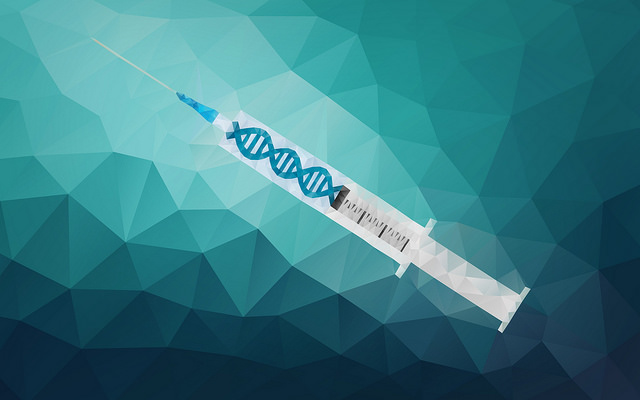Precision medicine’s rosy predictions haven’t come true. We need fewer promises and more debate
By Michael J. Joyner and Nigel Paneth,
Stat
| 02. 07. 2019
Twenty years ago, Dr. Francis Collins, who was then director of the National Center for Human Genome Research, made rosy predictions in his Shattuck Lecture about the health benefits sure to flow from the Human Genome Project. His paper on the lecture, “Medical and Societal Consequences of the Human Genome Project,” published in the New England Journal of Medicine, provided an early template for the precision medicine narrative of the past two decades.
As we wrote last week in a Viewpoint in the Journal of Clinical Investigation, these predictions haven’t come to pass.
Collins’ fundamental idea was that the technology and insights of the Human Genome Project would demonstrate tight causal links between variation in DNA sequences and complex human traits, including the disorders that dominate human illness and death. The findings of the Human Genome Project were predicted to transform medical care (by the year 2010), evoke behavior change in genetically at-risk individuals, generate new drugs, and improve the effectiveness of old drugs by matching them to patients’ genes — thoughts later captured in the precision medicine mantra...
Related Articles
By Scott Solomon, The MIT Press Reader | 02.12.2026
Chris Mason is a man in a hurry.
“Sometimes walking from the subway to the lab takes too long, so I’ll start running,” he told me over breakfast at a bistro near his home in Brooklyn on a crisp...
By Diaa Hadid and Shweta Desai, NPR | 01.29.2026
MUMBRA, India — The afternoon sun shines on the woman in a commuter-town café, highlighting her almond-shaped eyes and pale skin, a look often sought after by couples who need an egg to have a baby.
"I have good eggs,"...
By George Janes, BioNews | 01.12.2026
A heart attack patient has become the first person to be treated in a clinical trial of an experimental gene therapy, which aims to strengthen blood vessels after coronary bypass surgery.
Coronary artery bypass surgery is performed to treat...
By Staff, ScienceDaily | 01.05.2026
Scientists at UNSW Sydney have developed a new form of CRISPR technology that could make gene therapy safer while also resolving a decades-long debate about how genes are switched off. The research shows that small chemical markers attached to DNA
...




